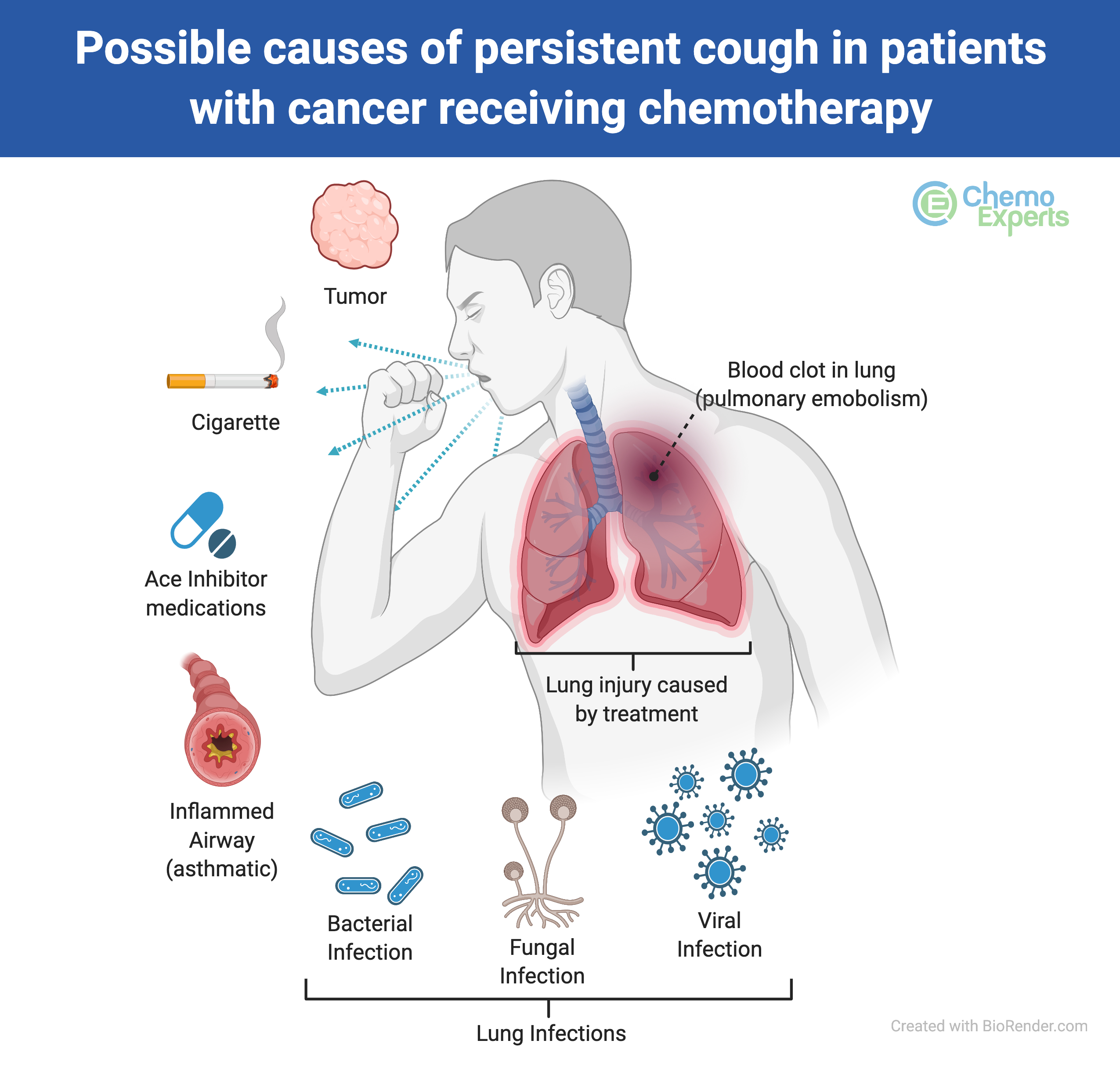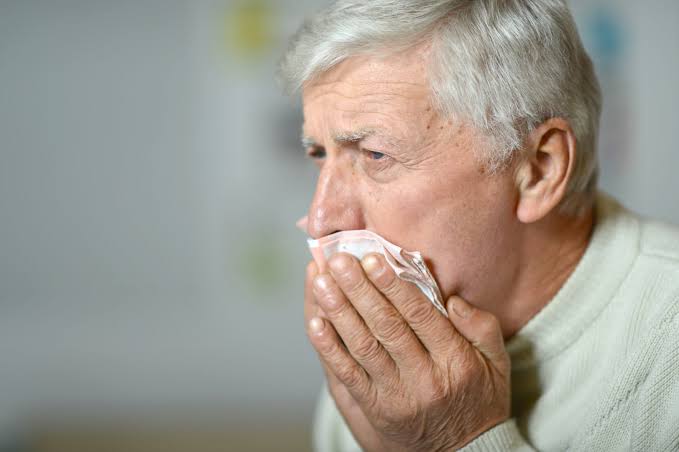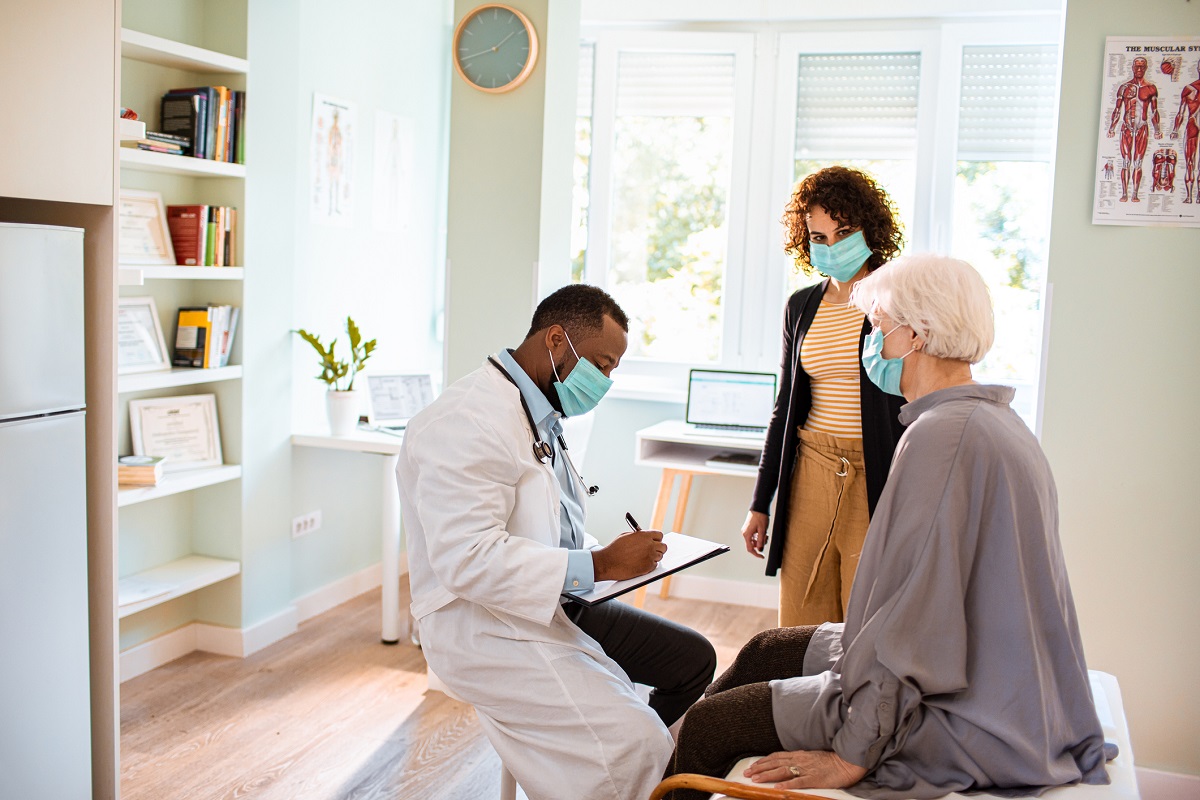Are you planning to have chemotherapy and wondering what to expect? It’s important to know that experiences with chemotherapy will vary. Symptoms and severity will depend on a patient’s regimen of drugs and how their body reacts to them.
You’ll surely get plenty of generic advice like rest, eat whenever possible, and stay positive. There are a lot of options when it comes to combating the effects of chemotherapy.
This collection from experienced chemo patients is an in-depth look at how to alleviate the effects of chemotherapy.
Fight Fatigue
Fatigue is one of the most common side effects chemo patients experience. Fight fatigue by eating a balanced diet high in protein. Staying hydrated is also essential. You can stay hydrated by ensuring you drink at least eight glasses of water daily.
Another way to not feel as tired is by taking naps. Take short half-hour naps or rest breaks throughout the day. Sleeping short spurts during the day can replenish some of your energy.
Some patients feel less drained during chemo treatments if they exercise. You don’t necessarily have to hit the gym. Short walks around the block will work wonders. Do what you feel up to, and not put too much pressure on yourself. You don’t want to overdo it; instead, find a balance between resting and getting enough exercise.
Take Measures to Ease Nausea and Vomiting
One of the most dreaded but common side effects of chemo is nausea. The treatments kill rapidly growing cancer cells. Unfortunately, these powerful drugs also destroy other healthy cells that divide quickly. The healthy cells it reduces are those in the digestive tract, mouth, and hair follicles. When healthy cells get killed, it leads to fatigue, hair loss, and nausea.
Fortunately, plenty of antinausea drugs are available. Ask your doctor about medical marijuana for cancer. Studies of the chemicals found in the marijuana plant suggest that some of these chemicals, called cannabinoids, quell nausea and vomiting.
The FDA has approved two forms of medical marijuana for cancer. The marijuana forms include cannabinoids, dronabinol, and nabilone for use in cancer patients.
If ever you need to reset your cannabis tolerance, there are ways to ensure you take the right amount of marijuana. Similarly, if you tend to get too high, there are also techniques to help you come down from a high more quickly.
Treat Mouth Sores
Sometimes, chemo drugs affect the cells in the lining of your mouth. You may develop uncomfortable sores in your mouth or on your lips. In 2019, a study reported that holding ice chips inside the mouth during chemotherapy sessions can help. Having ice chips in your mouth can result in fewer mouth sores.
If you develop mouth sores, rinsing with a solution is effective. Add one teaspoon of baking soda and salt dissolved in a quart of warm water. If you still experience discomfort, ask your doctor to prescribe a topical medication.
Be Prepared for Hair Loss
Most, but not all, chemo patients will experience hair loss. It depends on the drugs and the dosage you receive. Talk to your doctor and be prepared. Hair loss usually begins between day seven and day 21. It may fall out gradually or in clumps.
Some patients embrace baldness and enhance their looks with scarves and jewelry, while others want hair pieces. Ask your cancer team about the use of a cool cap. It works by constricting the blood vessels in the scalp to reduce the amount of drugs that reach the hair follicle cells.
Moreover, taking private blood tests in London can also help oncologists adjust chemotherapy dosages to minimize adverse effects like hair loss while maintaining effectiveness against cancer.
Other steps include using a wide-tooth comb instead of a brush. Avoid styling your hair with a blow dryer or curling iron.
Wash Hands Often
Chemotherapy drugs may lower the number of white blood cells in your body. This can result in a suppressed immune system. Because these cells are key to fighting viruses and bacteria, you’re more susceptible to illness during chemotherapy. Stress, fatigue, and eating badly can exacerbate the problem.
Be extra vigilant about washing your hands before eating or touching your face. Carrying an alcohol-based hand sanitizer with you is also a good idea.
Report Tingling in the Hands and Feet
Some chemotherapy treatments damage the nerves that control feeling and movement in the hands, feet, arms, and legs. The condition is known as chemotherapy-induced peripheral neuropathy (CIPN.) You may experience tingling, pain, numbness, or weakness in the extremities. It affects about half of all chemo patients. If it happens to you, your doctor has an arsenal of relief options, from numbing creams to physical therapy.
Conclusion
Remember that much progress has been made in cancer treatments as well as in managing the negative effects of chemotherapy. Stay positive and seek the support of your cancer team. Together, you can alleviate the effects of chemotherapy and make it through this challenging time in your life.









